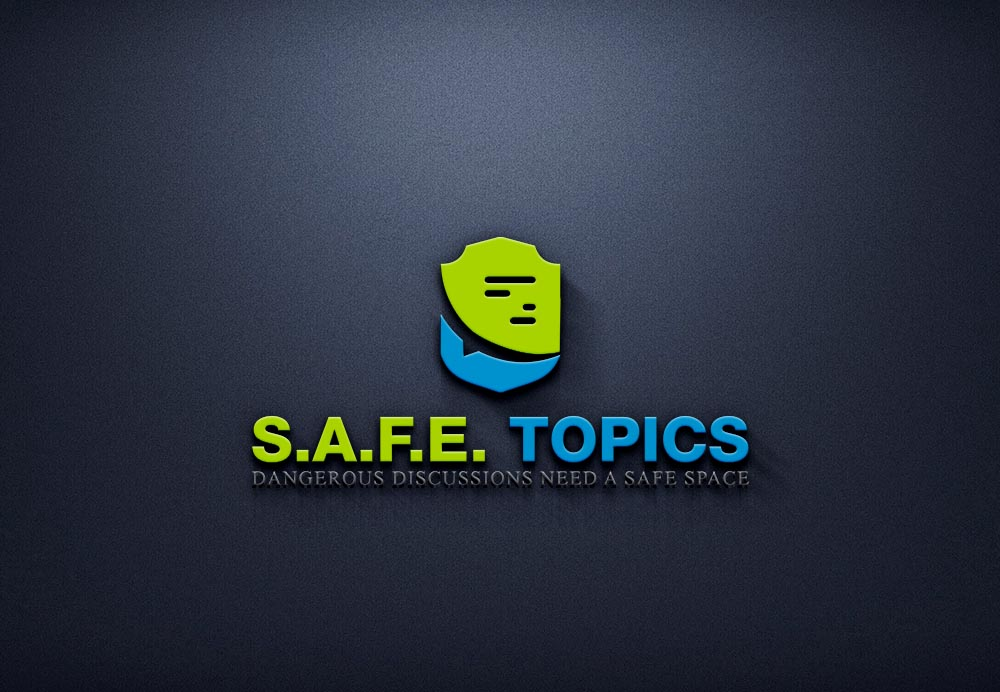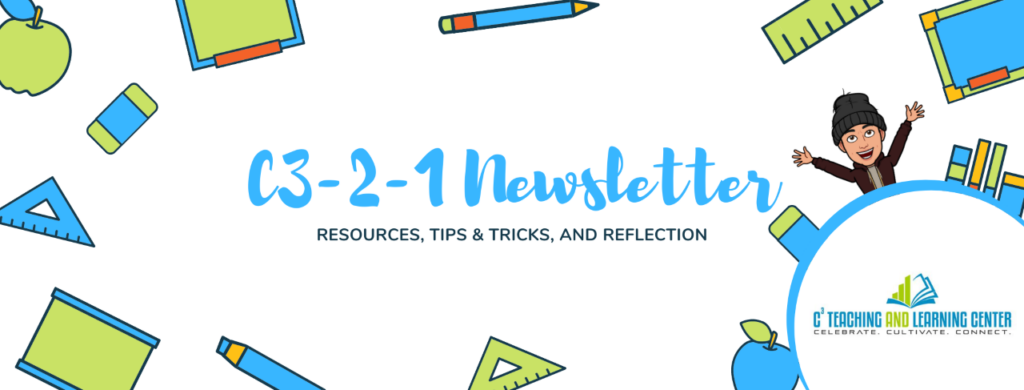Down with Spring Break – A SAFE Topics Podcast
Hello campus community and happy Tuesday!!
The SAFE Topics team just released the latest episode, “Down with Spring Break!” In this episode, the team host a debate among with MiraCosta students and faculty over spring break. We ask why about the value of breaks and the costs of interruptions. We share the realities of workloads carried into breaks. And question what exactly it is we need a break from in the first place. Join hosts Sean, curry, and Mana along with Daniel Ante-Contreras (English), Carson Arias (mechanical engineering major), and Kayla Kamani (psychology & film major) in an argument over keeping or abandoning spring break!
Ways to Listen!
What to Listen For
- Is spring break necessary?
- The importance of a mental break where you can breathe.
- Eliminating spring break altogether and extending our summer instead.
- Catching up on work, working on mental health.
- An institutional lens around spring break.
- The lack of student input in talks around spring break.
- “Doing the good for the most amount of people.”
- The concept of spring break as a guilty pleasure.
- Do we need a break from classroom culture?
- Learning vs. time demand.
- Admin and faculty should be more mindful of time especially during distant learning.
- Working smarter and not harder.
- Were any minds changed about their views on spring break?
The S.A.F.E. Topics Team
curry mitchell – Faculty, Letters (Co-host)
Sean Davis – Faculty, Sociology (Co-host)
Mana Tadayon – Student, ASG President (Co-host)
Kelly Barnett – Intern and Music Technology Student (Audio Editor)
James Garcia – Associate Faculty, Sociology (Show Notes, Online)
Connect with Us






